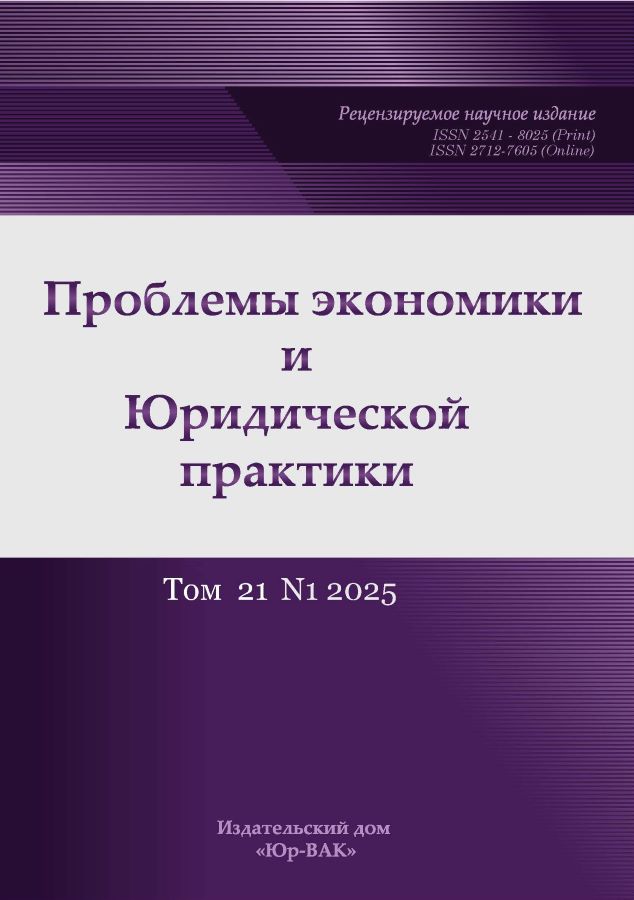Reuse of Goods by Upсycling in the Context of Intellectual Property Law
- Authors: Sviridova E.A.1
-
Affiliations:
- Financial University under the Government of the Russian Federation
- Issue: Vol 21, No 1 (2025)
- Pages: 93-98
- Section: Private Law (Civil) Sciences
- URL: https://journals.eco-vector.com/2541-8025/article/view/678474
- DOI: https://doi.org/10.33693/2541-8025-2025-21-1-93-98
- EDN: https://elibrary.ru/JUREXG
- ID: 678474
Cite item
Abstract
The article analyzes the legislative approaches and positions of the courts regarding the legality of the creative transformation of branded goods introduced into civil circulation with the consent of the copyright holder. The subject of the study is the analysis of the possibility of using the doctrine of exhaustion of rights in relation to the reuse of goods for the purposes of upcycling. It is concluded that the concept of intellectual property in most countries provides copyright holders with a monopoly on control over changes, including recycling and reuse, which hinders the development of upcycling as an environmentally oriented initiative. It is proposed to introduce the institution of compulsory licensing for the use of intellectual property objects for upсycling purposes.
Keywords
Full Text
About the authors
Ekaterina A. Sviridova
Financial University under the Government of the Russian Federation
Author for correspondence.
Email: ESviridova@fa.ru
ORCID iD: 0000-0002-7791-0550
SPIN-code: 9514-6466
Cand. Sci. (Law), Associate Professor of the Department of Legal Regulation of Economic Activity of the Faculty of Law
Russian Federation, MoscowReferences
- Fitri Astari Asril. Fashion's Sustainability Dilemma: When Upcycling Clashes with Intellectual Property Rights. Economic Research Institute for ASEAN and East Asia [Электронный ресурс] URL: Fashion's Sustainability Dilemma: When Upcycling Clashes with Intellectual Property Rights (дата обращения: 20.02.2025).
- Jeremy de Beer, Robert Tomkowicz. Exhaustion of intellectual property rights in Canada. Canadian Intellectual Property Review. 2009. 25(3):3-31.
- Amirova N.R., Sargina L.V., Kondrateva Ya.E. Main approaches to the implementation of circular economy. Post-Soviet Continent. 2022. № 1 (33). P. 86-109. doi: 10.48137/2311-6412_2022_1_89.
- Lyaskovskaya E.A., Khalilova G.R. Circular economy and eco-balanced construction methods in managing of a region’s sustainable development. Bulletin of the South Ural State University. Ser. Economics and Management. 2022. 16(2). Р. 43–54. doi: 10.14529/em220204.
- Fomina I.B., Tabakov A.N. The paradigm of sustainable development in the context of the transition to a circular economy. Bulletin of Higher Education Institutes. North Caucasus Region. Social Sciences. 2022. № 1. Р. 97-102. doi: 10.18522/2687-0770-2022-1-97-102.
Supplementary files









